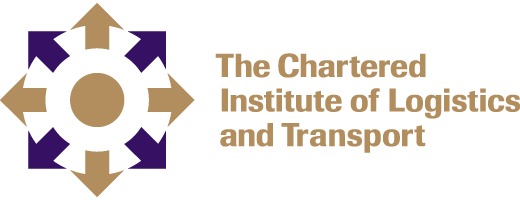It is assumed that in order to post-graduate and obtain a diploma, candidates must have prior knowledge of logistics and transport operations and awareness of the complex nature of the supply chain. Ideally, this is due to their own experience and/or knowledge gained in the course of the international certificate of entry and the course.
The successful completion of the CILT International Diploma, together with two years of experience, meets the eligibility criteria for increasing membership from Student Member to Member (MILT) to Chartered Institute of Logistics and Transport.
Candidates study a total of 4 blocks: 1 mandatory, 1 or 2 optional (from 3) and 1 or 2 additional (from 13). Evaluation is carried out by means of expertise.
It is also possible that one block is taken as a separate course.
Students who study our course will automatically have access to the International knowledge center – providing access to a wide range of best practices and learning materials.
For information on where you can study this course, see our list of approved centers. Please note that this information is updated monthly.
The course is designed to support professionals involved in the planning of logistics operations and those already in the Supervisory or operational units of the office. It is also ideal for graduates with non-working degrees moving in logistics.
To study for leadership positions, students must study for about 12-18 months to complete the program, although students may qualify for the year depending on how to teach the course.
The training time is set at 360 hours, including hours of classes and self-study. This is distributed as 90 hours for each of the 4 blocks.
This course is taught part-time because of the nature of the course.
The price is specified on the spot.
The blocks that make up the course are as follows:
Obligatory:
- PD01 logistics and transport management.
Optional:
- PD02 supply chain Management;
- PD 03 Transport operations;
- PD04 Transport planning.
At choice:
- PD05 Inventory;
- PD06 Movement of goods;
- PD07 Movement of people;
- PD08 Production;
- PD09 Retail logistics;
- PD10 Search and purchase;
- PD11 Transport planning Methods;
- PD12 Transport and society;
- PD13 Warehousing;
- PD14 International business;
- PD15 Project Management;
- PD16 Circuit flow Planning;
- PD17 Network planning of circuits.
